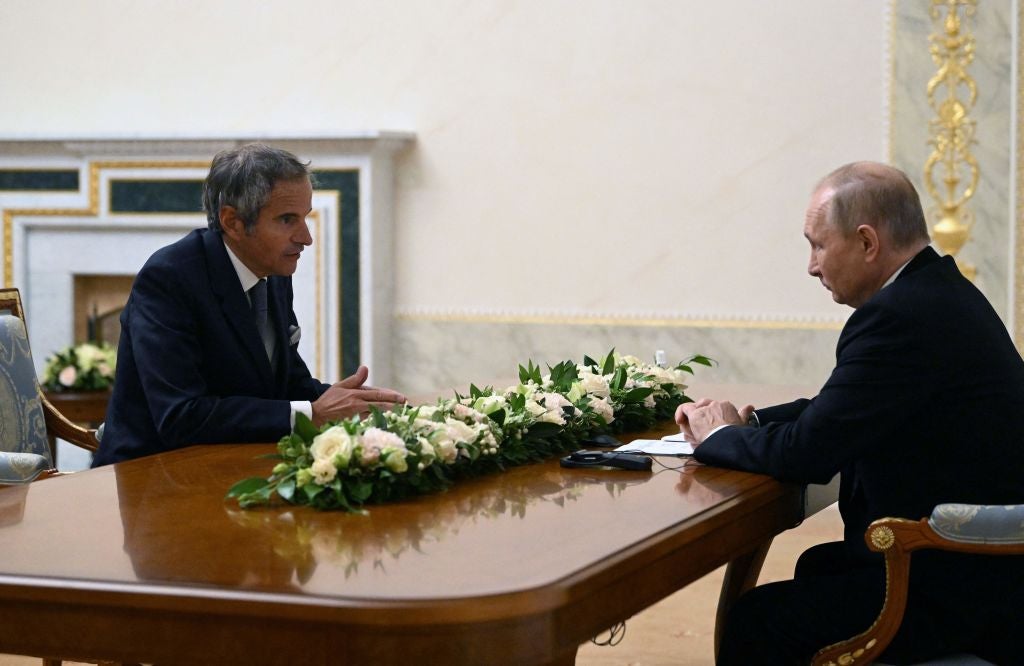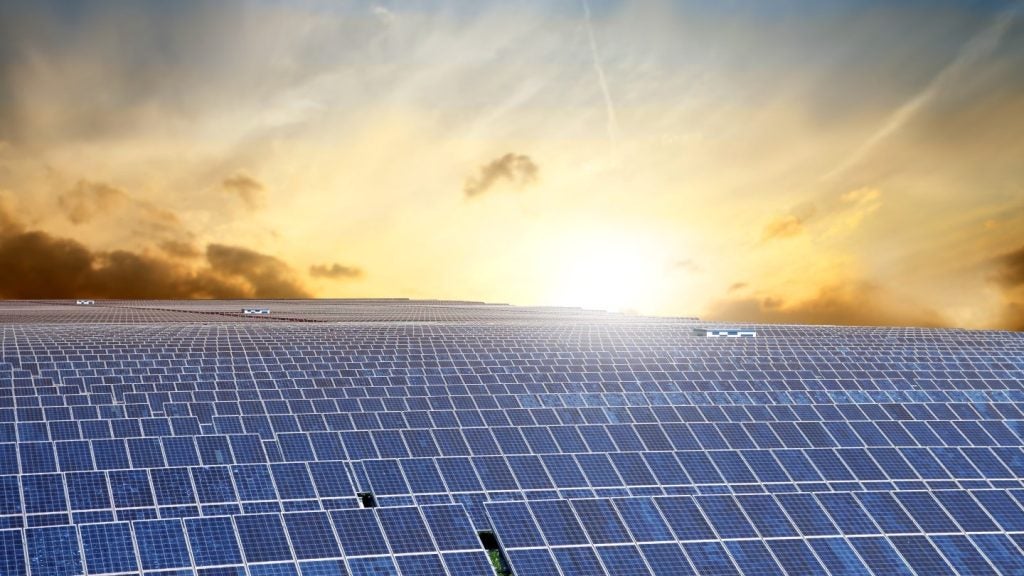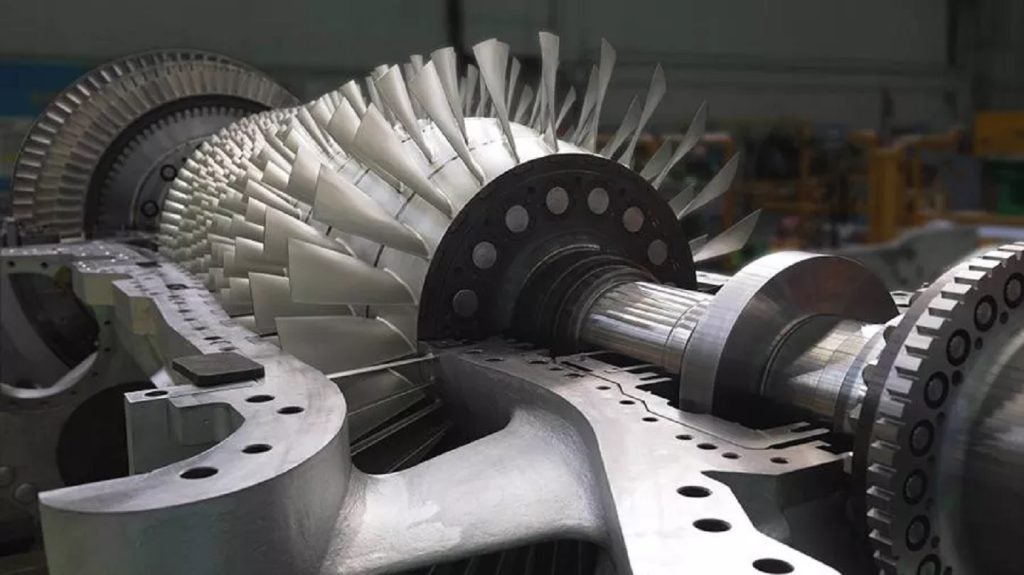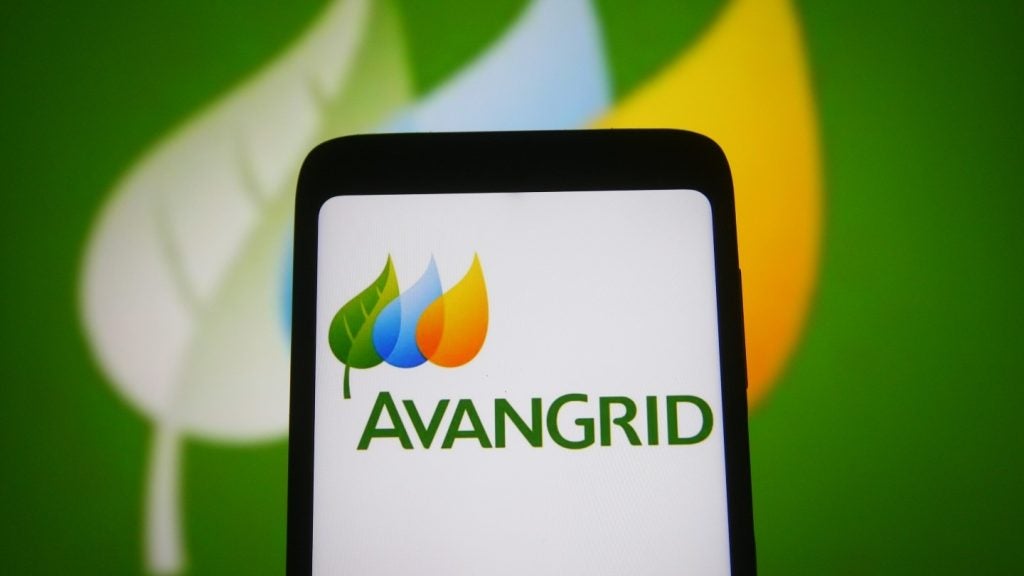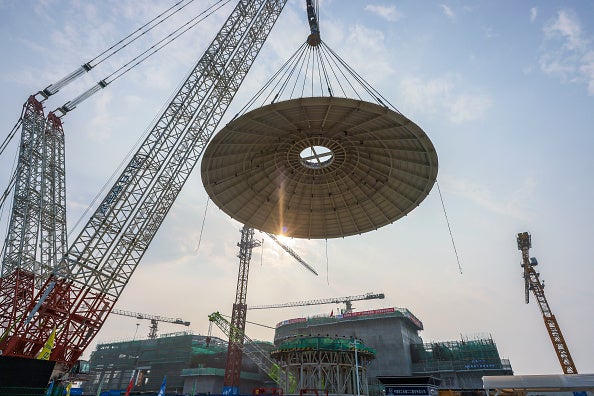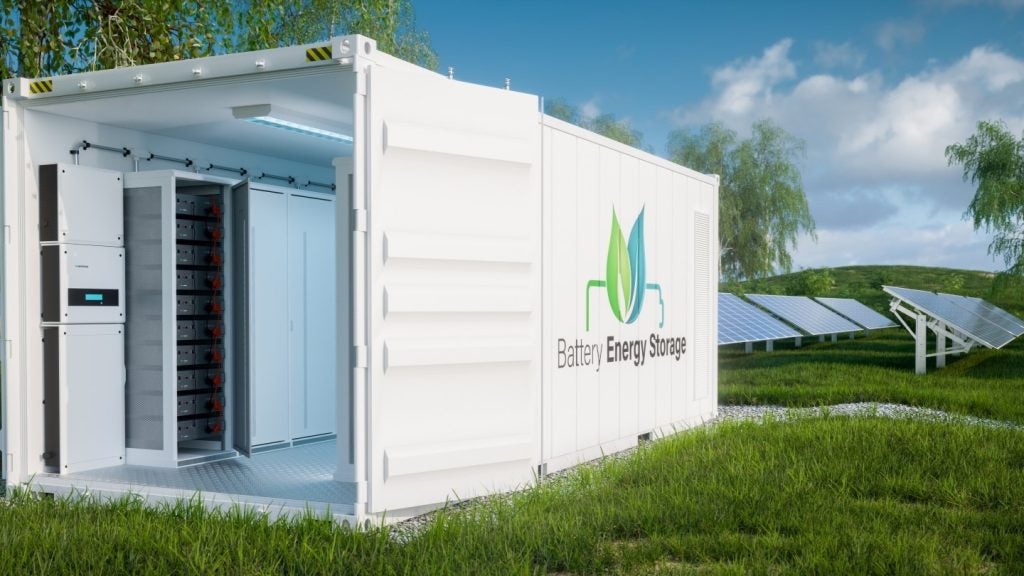IAEA chairman Rafael Mariano Grossi met with Russian President Vladimir Putin on Wednesday to discuss nuclear safety and security at the Zaporizhzhia nuclear power plant in Russian-occupied Ukraine. Also present at the meeting held in Putin’s summer residence in Sochi was Rosatom’s director-general, Alexey Likhachev, along with Russian diplomatic and military representatives.
According to a transcript of the meeting provided by the state media service, Putin said: “We continue to work very actively with the IAEA. Russia continues to cooperate in a lot of very important areas and remains an undisputed world leader in this area. We not only use but actively promote nuclear energy and consider it an environmentally friendly form of energy; we do everything to improve the safety of nuclear facilities.”
Putin made note of Russian nuclear power projects under development, including Kursk nuclear power plant-2. He also referred to the nation’s flagship floating nuclear power plant in the north-east, claiming Russia is willing to help other nations develop their own industries. According to the World Nuclear Industry Report 2023, Russia is the leading constructor and exporter of nuclear reactors, with Rosatom building 24 out of the 58 constructed around the world as of mid-2023.
In his opening remarks to Putin, Grossi is quoted saying: “It is very important for me to be here. We had our first conversation, you may remember, in St. Petersburg, almost one and a half years ago, which was very important at that time. And I think everything that has occurred ever since makes this conversation even more timely.
“I agree with you that these are very important times, times with challenges; and we will be discussing those, with regards to some sensitive issues, also in terms of the world energy revolution,” he added.
Russian forces took control of the Zaporizhzhia nuclear power plant in 2022. All six reactors of Europe’s largest nuclear plant have been shut down, but to avoid meltdown, it requires constant power and a water supply to keep it cool.
In the past 18 months, Zaporizhzhia has lost connection to its external power source eight times, forcing it to rely on diesel generators to cool fuel in its reactors.


